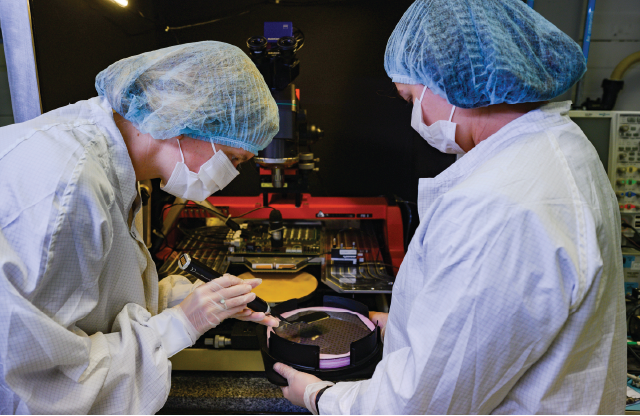Development and integration of scientific instruments
Elements of scientific instruments and integration of scientific instruments are two of the methodological focus areas of the HELIOS graduate school.
Elements of scientific instruments
In this Focus Area, cutting-edge technology for performing advanced measurements will be developed. The design of instruments enabling the detection of particles and photons as well as the characterisation of samples, nano-materials, biomolecules and light pulses require a basic knowledge on the elements that are part of the integrated scientific instrument or set up: optical systems, detectors, electronics, mechanics, hydrodynamics, and electrodynamics. This focus area will provide the students with the basic knowledge about the modules of instrumentation design and development. The students will learn to identify the technological challenges for their specific scientific problem (low signals, high noise, fast data acquisition, high data volumes), their basic functioning and physical principles behind, and how to best choose and test the specific elements that they need to build their instruments.

Testing of silicon sensors. Credit: CERN.
Integration of scientific instruments
In this Focus Area, the students will be trained in designing and assembling the different elements of scientific instruments into fully functioning devices, and in turn assemble these devices into more complex integrated systems. This focus area includes the initial set of procedures that is needed to characterize part of an instrument (e.g. a sensor) prior to its installation, the necessary input/output and run controls, as well as the calibration, monitoring and feedback loops that need to happen to ensure the instrument’s effective operations. It also includes the simulation of the full instrumental suite to emulate its functioning in controlled conditions. As an example, this focus area will teach students the methodologies needed for quality control and quality assurance and for integration testing, as well as the interface of the instruments with the data acquisition systems that control its input and outputs.